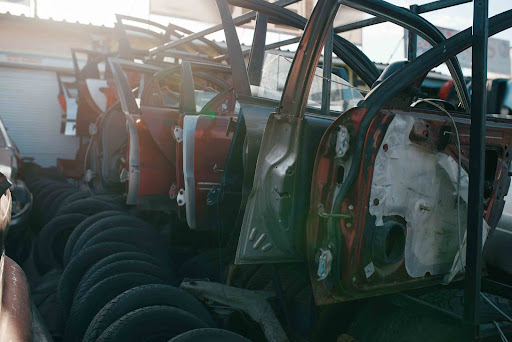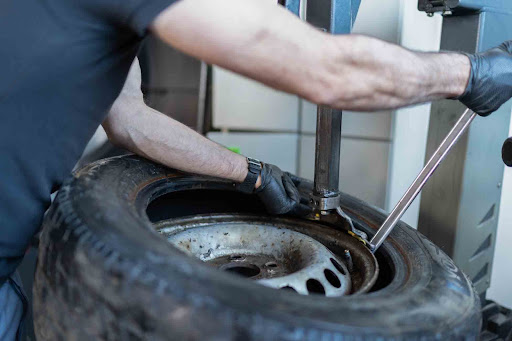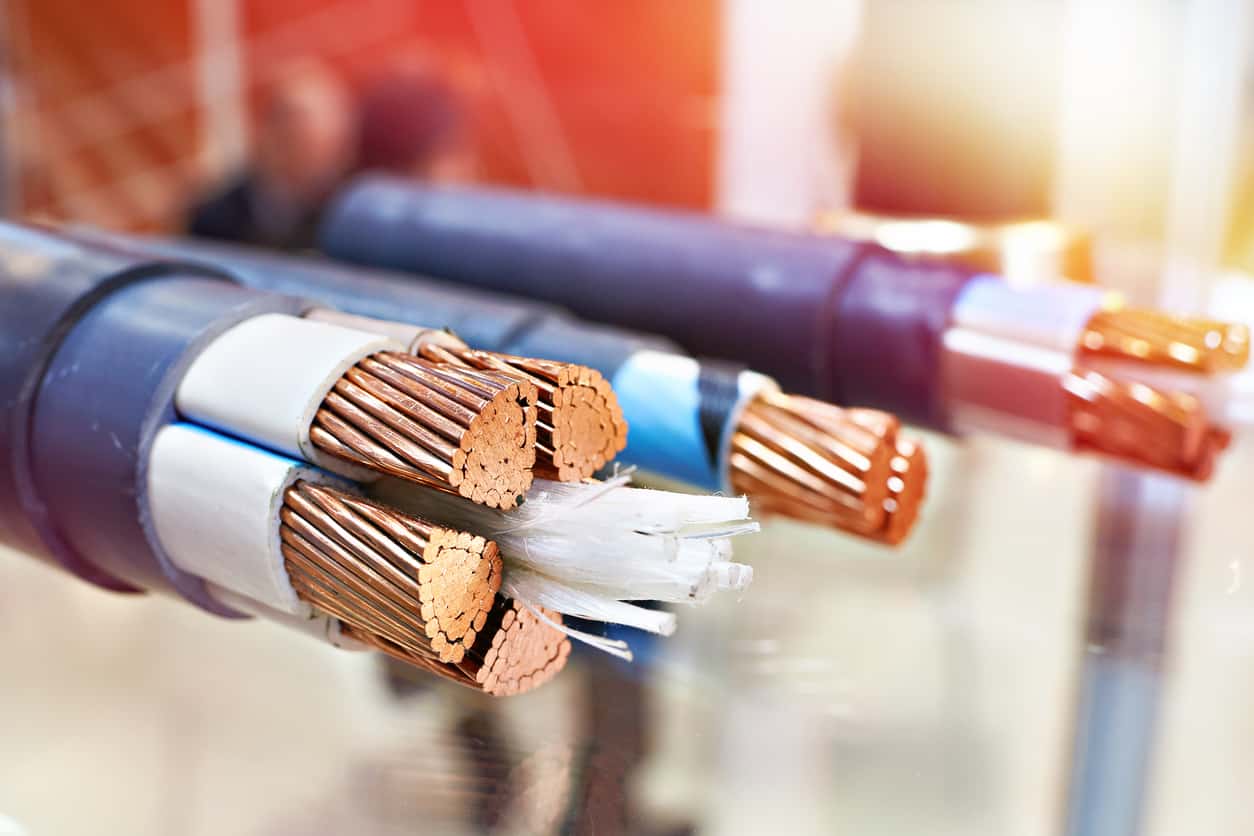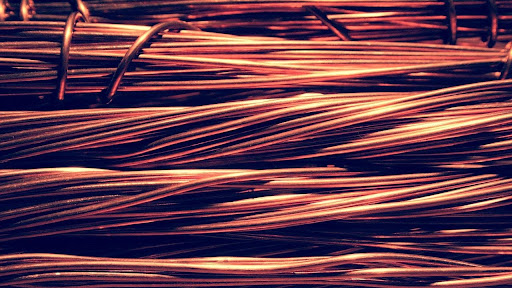Aluminum is one of the most commonly used materials our world relies on today. Global aluminum production rose from 42.4 million tons in 2011 to 65.3 million tons in 2020 — and if continued demand is any indicator, we will only seek more of this lightweight-yet-durable resource.
Derived from bauxite ore and refined from a process known as electrolysis, it is much more efficient to recycle aluminum than it is to mine it. In fact, 90% of the energy it takes to produce new aluminum is saved by recycling, which is why reusing it is so essential.
When most of us think of aluminum recycling, we think of cans. Although beverage cans do make up just over half of all aluminum recycling, you may not know that there are many other aluminum products that can be sent to the recycling station instead of the dump. If you want to know how to get started with aluminum scrap recycling beyond just cans, read on. Here’s a look at the top four types of aluminum scrap, as well as some advice on how to get the most for yours.
1. Sheet Aluminum
One of aluminum’s most desirable properties is its high malleability, meaning that it can easily be worked into a sheet. After being stamped or spun, sheet aluminum is used to make many objects we encounter every day. Some of them are:
- Chemical containers
- Decorative panels
- Food packaging
- Household appliances
- Pots and pans
- Pressurized tanks
- Sun shades
Sheet aluminum and steel can look very similar at first glance: both are bright, silvery metals, can be used for similar applications, and might be painted or color-treated. If you’re not sure whether you’re looking at aluminum or steel, the easiest way to tell is to use a magnet. Magnets will stick to steel, but not aluminum.
2. Siding, Windows, and Gutters
A number of building materials are made from aluminum, especially siding, windows, and gutters.
Nowadays, vinyl and composite siding are more common than aluminum, as the popularity of aluminum siding began to decrease around the 1970s — though it is still available. That can be good news for aluminum scrappers, as homeowners looking to replace their old siding may be willing to part with it. Siding and gutters must be made from a thicker grade of aluminum to be able to stand up to the elements, so they are priced differently than aluminum cans.
Some window components are also made from aluminum, but they can be mingled with glass, plastic, rubber, or other materials. These act as contaminants to the aluminum, and recyclers will receive a lower price for this “dirty aluminum.” That makes it important for recyclers to separate their aluminum products from other materials as much as possible so that they can get a better price.
3. Auto Parts
Because it’s so lightweight for a metal, aluminum is commonly found in many vehicles. Perhaps its best-known application in the transportation sector is in auto parts, where it is used to make everything from decorative ornaments to the body of the car itself. Other aluminum auto parts are:
- Doors and visors
- Panels
- Radiators
- Rims and hubs
Auto repair shops know which parts are made from aluminum, so they recycle the parts they replace. If you’re a DIYer or auto repair enthusiast, familiarizing yourself with aluminum recycling processes could be a good way to finance your next project.
Other motor vehicles like motorcycles, tractors, and airplanes may also have aluminum parts, as well as other recyclable metals that are worth recovering while scrapping aluminum. You can even recycle a whole aluminum fishing boat!

4. Electrical Wires
While copper is now the metal of choice for residential wiring applications, aluminum can be found in several electronic components.
Aluminum wires were once used as an alternative to copper in the 1960s and 1970s, but their electrical properties made them a fire hazard. Home inspectors are now required to report residential aluminum wiring, so if old aluminum wires are found and discarded, they could easily be recycled.
Though not ideal as a residential wiring material, most power transmission lines are also made from aluminum. Its durability and toughness also make aluminum a useful component in electronic enclosures. These include shells and casings, as well as certain fasteners.
Whatever type of aluminum wiring or enclosure you find, be sure to separate it from its copper counterparts. The difference should be clear — the former looks silver while the latter is brownish-red — but separating your recyclable metals beforehand is how you get the best value for it at the scrap yard.
Other Items That Could Contain Aluminum
Aluminum is found in many other applications besides these, so there are plenty of other products that can be recycled. A few examples are:
- Cookware
- Household decorations
- HVAC systems
- Lawn and gardening items
- Outdoor accessories and furniture
- Medical devices
- Tools
- Sporting equipment
As you consider all the aluminum products that can be recycled, don’t forget about those cans. Beverage cans still make up 50.4% of all recycled aluminum, so remembering to repurpose them is an essential part of the process. Aluminum recycled from cans can be turned completely into new cans, which contributes to a circular economy where nothing is wasted. But when you recycle them, be sure to rinse your cans thoroughly to remove all contaminants, and crush them to create more space — and also more volume per haul.
Cohen Recycling: Conserving Our World
Given the intensive process of mining for bauxite ore and the energy it takes to refine it, recycling aluminum is clearly the best way to enjoy the benefits of this valuable resource, while still preserving our planet for future generations.
At Cohen Recycling, we accept many kinds of aluminum products, and we take pride in making recycling simple, safe, and rewarding for the communities we serve. If you’re wondering, “Where can I find a place for aluminum scrap recycling near me?” We have the answer. Cohen Recycling has multiple stations across the Ohio Valley, so we may have one that’s close to you. Send us your aluminum products today, and we’ll help bring them back into the economy — and keep them out of the landfill.




